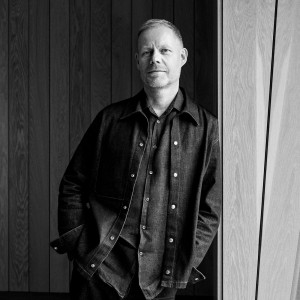Jacquot de Nantes

Agnès Varda’s tender evocation of the childhood of her husband, Jacques Demy—a dream project that she realized for him when he became too ill to direct it himself—is a wonder-filled portrait of the artist as a young man and an enchanting ode to the magic of cinema. Shot in Demy’s hometown of Nantes (including the house he grew up in), this imaginative blend of narrative and documentary traces his coming of age as he finds escape from the tumult of World War II in puppet shows, fairy tales, opera, and, above all, movies—the formative aesthetic experiences that would fuel his vivid Technicolor imagination and find unforgettable expression in his exuberant New Wave masterworks. Interspersing intimate footage of the older Demy reflecting on his life’s journey, Jacquot de Nantes is a poignant love letter from one visionary artist to another.
Available In

Cast
- Philippe Maron
- Jacquot 1
- Édouard Joubeaud
- Jacquot 2
- Laurent Monnier
- Jacquot 3
- Brigitte De Villepoix
- Mother
- Daniel Dublet
- Father
Credits
- Director
- Agnès Varda
- Screenplay by
- Agnès Varda
- Screenplay by
- Jacques Demy
- Cinematography by
- Patrick Blossier
- Cinematography by
- Agnès Godard
- Cinematography by
- Georges Strouvé
- Sound
- Jean-Pierre Duret
- Sound
- Nicolas Naegelen
- Music by
- Joanna Bruzdowicz
- Set design by
- Robert Nardone
- Set design by
- Olivier Radot
- Costumes by
- Françoise Disle
- Edited by
- Marie-Josée Audiard
- Documentation by
- Mireille Henrio
- First assistant
- Didier Rouget















